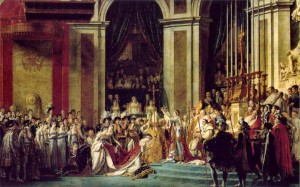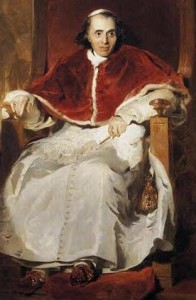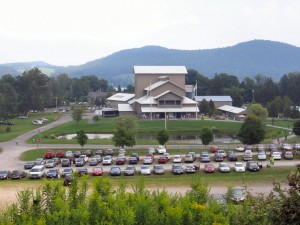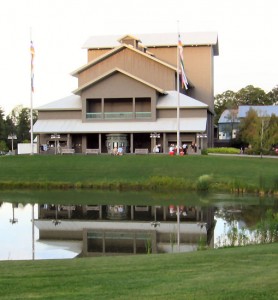I met up with my old bridge partner again. Continue reading
I attended the sectional bridge tournament in Great Barrington, MA, over the weekend. The highlight occurred before the first hand of the first event. You could have knocked me over with a feather when I saw Russ Elmore walking over to get some snacks before the first event started. When I took up bridge again a few years ago (after a hiatus of over thirty years), Russ was the very first person who ever asked me to play with him. We both customarily attended the Simsbury Bridge Club on Wednesday evenings, and we both came without partners. Russ evidently liked playing with me better than playing with the other people who came without partners. So, we played together for a year or so as I struggled to understand how to succeed at competitive bridge.
Playing with Russ was a uniquely educational experience for me. Usually when one plays with a new partner, an exchange takes place in which the two players negotiate what conventions they will play. Not with Russ. He carried with him a one-page typed 8½ x 11″ sheet that detailed how he played. That is what he played. Period. So, for a while, that is what I played, too. On my own I bought a book and learned other conventions, too, but when I played with Russ, we always played Standard Elmore.
Russ was very good at playing the cards. Perhaps my memory is playing tricks on me, but I recall that on two different occasions he managed to bring in all thirteen tricks on a 7NT contract while the opponents held two aces. For that to happen, the opponent on his right would have to hold both aces, and the opponent on his left would for some reason need to lead the wrong suit. Then Russ would need to be able to take twelve tricks in the two suits in which he held the aces. Then, and this is the really difficult part, he would have to trick the opponent with the aces into discarding the wrong one on the twelfth trick.
Russ and I did pretty well together, but I am sure that it was mostly his doing. He told me that he had once finished first in Simsbury five weeks in a row with five different partners. His wife asked him how he did it. He said that he chose his partners very carefully, and so did his partners.
I wonder if Russ is still playing Standard Elmore. I did not get to play against him in Great Barrington, which was a fairly large tournament, and I do not know how well he did there. I sincerely hope that he still has several more decades of bridge in front of him and that he continues to choose his partners carefully.








